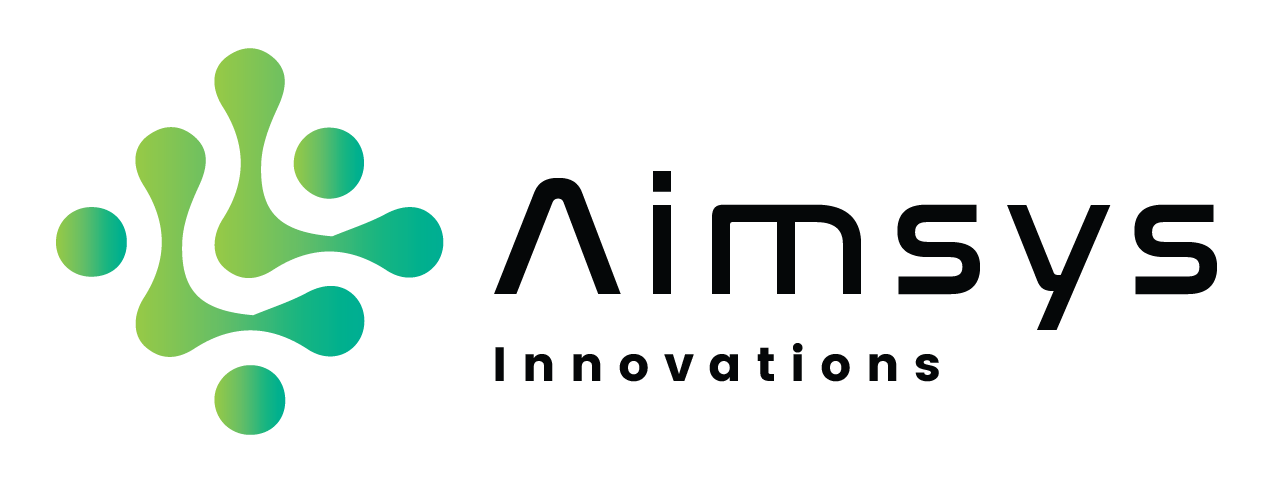Posted At: Aug 15, 2025 - 374 Views

Hire an AI Before You Hire a Human: Transforming Workforce Strategy
In today’s fast-paced, technology-driven world, businesses are increasingly adopting artificial intelligence (AI) to streamline operations, enhance decision-making, and boost efficiency. The concept of “hiring AI before hiring humans” is gaining traction as organizations recognize the transformative potential of integrating AI into their workforce. By delegating repetitive and data-intensive tasks to AI systems, businesses can free up human talent to focus on strategic and creative roles, ultimately driving innovation and growth.
Why Hire AI Before Humans?
The rationale behind hiring AI first lies in its ability to complement human capabilities while optimizing operational efficiency. Here are key reasons why businesses should prioritize AI integration:
1. Cost Efficiency
AI agents can automate routine tasks such as data entry, scheduling, and customer service inquiries, significantly reducing operational costs. For example, Unilever leveraged AI to screen over 250,000 applications, cutting its hiring process from four months to four weeks and saving 50,000 hours of labor. Similarly, Walmart uses AI-powered logistics systems to optimize inventory management and delivery routes, saving time and resources.
2. Enhanced Productivity
AI systems excel at handling repetitive tasks with precision and speed. This allows human employees to focus on higher-value activities like strategic planning and innovation. By integrating AI into their operations, companies can achieve up to an 85% improvement in task completion rates and a 60% reduction in operational costs.
3. Data-Driven Decision Making
AI’s ability to analyze vast amounts of data enables businesses to make informed decisions based on actionable insights. For instance, predictive analytics tools can forecast market trends, optimize inventory levels, and identify growth opportunities. This level of precision is difficult to achieve through manual processes.
4. Scalability
AI systems can scale effortlessly to meet growing business demands without the need for additional resources. Whether it’s expanding customer support capabilities or managing larger datasets, AI provides the flexibility needed for rapid growth.
5. Diversity and Fairness in Hiring
AI-powered recruitment tools reduce unconscious bias by evaluating candidates based on objective criteria rather than subjective judgments. This fosters a more inclusive hiring process that promotes diversity.
Applications of AI in the Workforce
AI is transforming various aspects of business operations across industries:
Application | Impact |
Recruitment | Automates resume screening and candidate assessments for faster hiring. |
Customer Service | Intelligent chatbots handle inquiries efficiently while improving customer satisfaction. |
Supply Chain Management | Predictive analytics optimize inventory levels and streamline logistics. |
Marketing | Personalizes campaigns by analyzing consumer behavior and preferences. |
Manufacturing | Collaborative robots (cobots) assist human workers in assembly lines. |
Challenges of Hiring AI First
While the benefits are compelling, integrating AI into the workforce comes with challenges:
- Algorithmic Bias
AI systems may perpetuate biases present in training data, leading to discriminatory outcomes in hiring or decision-making processes. - Data Privacy Concerns
AI tools require access to sensitive data, raising concerns about compliance with privacy regulations like GDPR or CCPA. - Loss of Personal Connection
Over-reliance on AI in recruitment could make interactions feel impersonal, negatively impacting employer branding. - Implementation Complexity
Integrating AI into existing workflows requires robust infrastructure and careful planning.
Best Practices for Integrating AI into Your Workforce
To ensure successful integration of AI systems while maintaining a balance with human involvement:
- Mitigate Bias: Regularly test AI algorithms for bias and implement corrective measures when necessary.
- Prioritize Privacy: Establish stringent data governance policies to protect sensitive information.
- Blend Human Insight: Use AI as a support tool rather than a replacement for human decision-making.
- Invest in Training: Upskill employees to work alongside AI systems effectively, fostering collaboration between humans and machines.
- Monitor Performance: Continuously evaluate the impact of AI on operations using metrics like productivity gains and cost savings.
Conclusion
The future of work is undeniably intertwined with artificial intelligence. Hiring an AI before hiring a human isn’t just about efficiency—it’s about redefining how businesses operate in a competitive landscape. By leveraging AI’s capabilities for automation, data analysis, and scalability, companies can unlock new opportunities for growth while empowering their human workforce to focus on creativity and innovation.
Adopting an “AI-first” strategy positions organizations as forward-thinking leaders ready to thrive in the digital era. The question isn’t whether you should hire an AI—it’s whether you’ll do it before your competitors.
